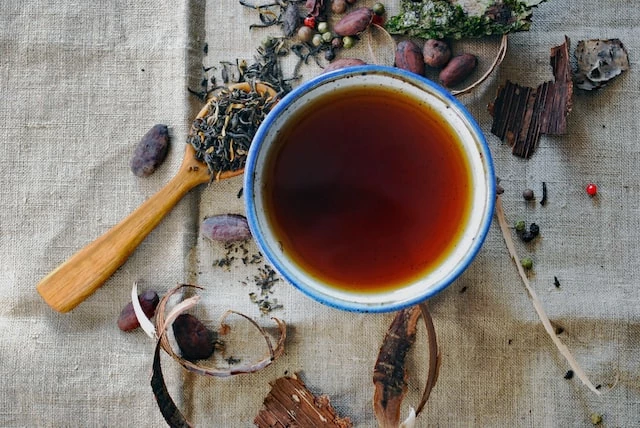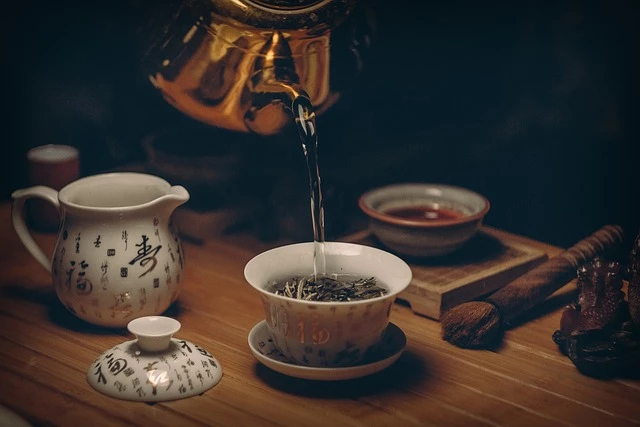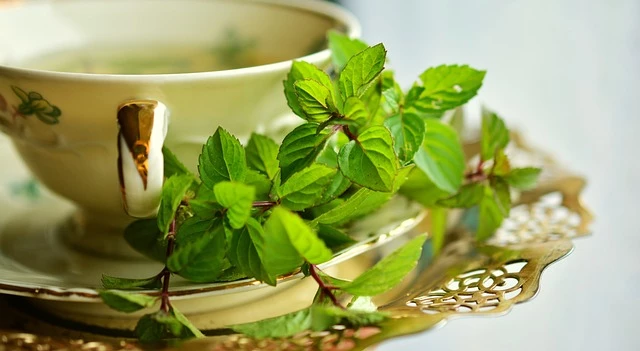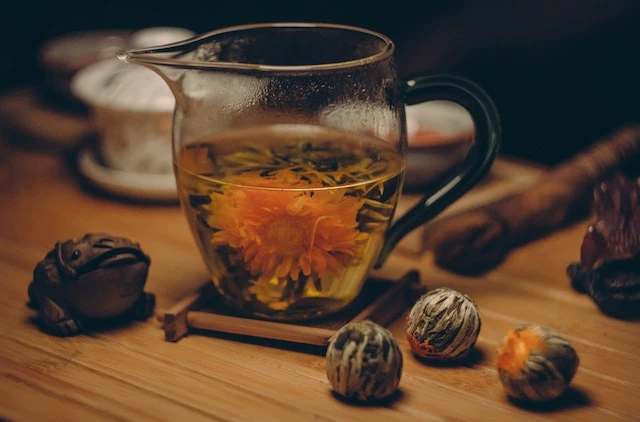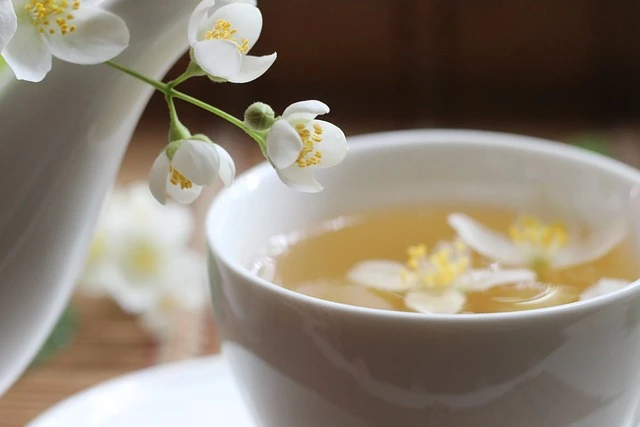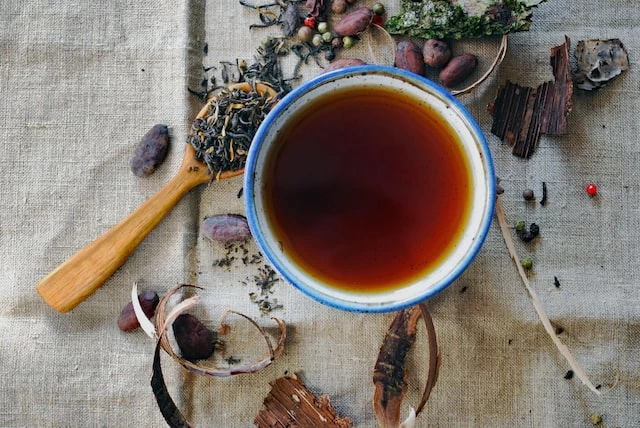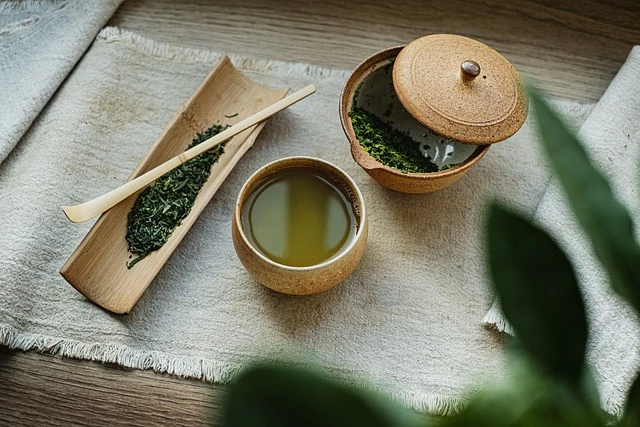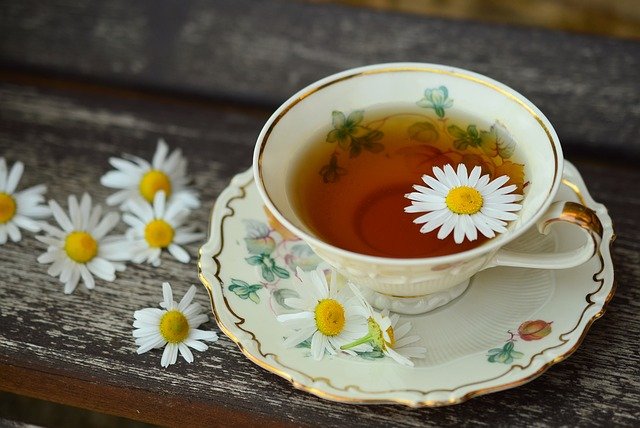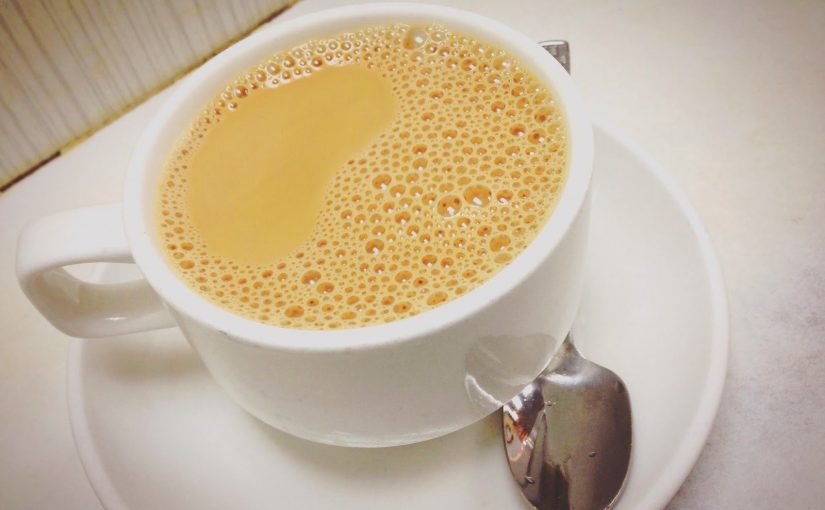Does Rooibos Tea Have Caffeine?
Jan 13 2023 Tea Caffeine Content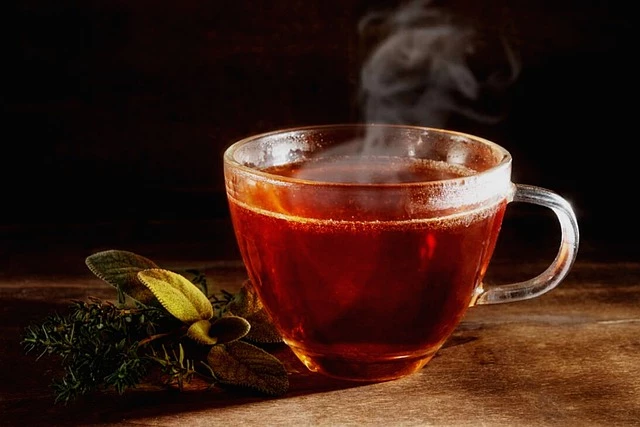
No, rooibos tea doesn’t contain caffeine. Rooibos tea, an herbal tea, hails from the leaves of the Aspalathus linearis plant, which is indigenous to South Africa. Unlike its traditional counterpart, which draws from the Camellia sinensis plant and packs a punch of caffeine, rooibos tea is caffeine-free, making it a top pick for caffeine-sensitive folks or those who crave a soothing, decaf alternative to standard tea. Besides, Rooibos is celebrated for its exceptional flavor and the plentitude of health advantages it offers.
What is Rooibos Tea?
Rooibos tea, also acknowledged as red bush tea, is an herbal infusion that originates from the leaves of the Aspalathus linearis plant, naturally thriving in the Western Cape province of South Africa. The leaves of the Aspalathus linearis plant are meticulously handpicked, cut into small pieces, fermented, and sun-dried, endowing the tea with an unparalleled, naturally sweet taste and a rich, reddish-brown color. Check all the rooibos teas here
What sets rooibos tea apart is its caffeine-free attribute, making it a preferred choice for those susceptible to caffeine or those searching for a calming, decaf alternative to conventional tea. Moreover, it is an excellent alternative for herbal tea enthusiasts.
Rooibos tea brims with antioxidants and minerals such as iron, zinc, potassium, and magnesium. It is also packed with flavonoids, which are compounds known for their anti-inflammatory and anti-cancer traits. These constituents lend rooibos tea its unique reddish tint. Moreover, rooibos tea naturally contains fewer tannins, which causes bitterness in some teas.
Rooibos tea has been a medicinal mainstay for centuries, employed to alleviate various conditions, including insomnia, digestive troubles, and skin ailments.
Rooibos tea is versatile in preparation and can be savored hot or cold, pure or with a squeeze of lemon, drizzle of honey, or splash of milk. It can be relished all day long and is multifaceted in application, such as iced tea, and latte, or even used in desserts such as ice cream and macarons. Learn more about rooibos tea here.
How Much Caffeine is in Rooibos Tea?
Rooibos tea is a natural tranquility booster, devoid of any caffeine. This makes it an excellent choice for individuals who are sensitive to caffeine or those seeking a soothing and calming beverage alternative to traditional tea.
Through the process of fermentation, the leaves of the Aspalathus linearis plant, from which rooibos tea is derived, are stripped of all caffeine, resulting in a caffeine-free end product.
Although caffeine is typically absent from rooibos blends, it’s always a good idea to double-check the packaging for any caffeine content disclosures.
Rooibos tea is a perfect beverage option for those looking to reduce or eliminate their caffeine intake. It is a safe beverage option for children, pregnant or nursing women, and those with caffeine sensitivities.
Improved skin health: The consumption of Rooibos tea may help to improve the appearance of the skin and reduce the signs of aging.
Improved digestion: Rooibos tea has been known to help with digestion due to its lack of caffeine and low levels of tannins.
What are the Benefits of Rooibos Tea?
Rooibos tea provides a variety of advantages because to its special blend of minerals, flavonoids, and antioxidants. The following are a few possible advantages of Rooibos tea:
Antioxidant properties
Antioxidants included in Rooibos tea can aid in preventing the body from being harmed by free radicals.
Improved skin health
Rooibos tea may assist to enhance skin look and lessen aging symptoms.
Anti-inflammatory properties
The anti-inflammatory characteristics of the flavonoids in Rooibos tea may aid in reducing inflammation throughout the body.
Improved digestion
By stimulating the central nervous system and boosting blood flow to the brain, caffeine can also aid in improving attention and concentration.
Improved heart health
According to several research, drinking Rooibos tea may help lower your chance of developing heart disease.
Reduced risk of certain cancers
Also, several research has raised the possibility that rooibos tea could help lower the chance of developing certain cancers.
It’s important to note that more research is needed to fully understand the potential benefits of Rooibos tea, and the results of clinical studies are still inconclusive. However, drinking Rooibos tea is considered safe and it’s a good idea to include it in your daily routine as a healthy and refreshing beverage.
The Final Thoughts
In conclusion, Rooibos tea differs from ordinary tea in numerous ways and is a beverage that is infused with flavor and wellness. First off, Rooibos tea offers a haven for people who are sensitive to caffeine or simply choose to avoid it because it is naturally caffeine-free. In addition, it has a delicious flavor and perfume that can excite your taste buds and arouse your senses.
Finally, Rooibos tea is a fantastic option for those who value their health because it has a wide range of notable potential health benefits. Together, these elements create Rooibos tea a popular beverage that is delicious and nourishing. So Rooibos tea is definitely worth a try if you want to up your tea-drinking game!
Also, read our other articles about caffeine content!
Does Tea Have Caffeine?
Does Black Tea Have Caffeine?
Does Green Tea Have Caffeine?
Does Herbal Tea Have Caffeine?
Does White Tea Have Caffeine?
Does Oolong Tea Have Caffeine?
Does Pu erh Tea Have Caffeine?
Does Sweet Tea Have Caffeine?
Does Iced Tea Have Caffeine?
Does Yerba Tea Have Caffeine?
Caffeine in Tea vs Coffee


